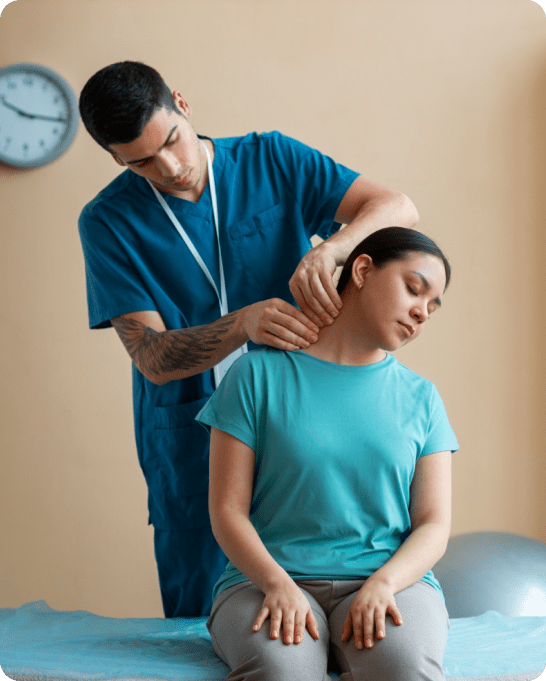It started with physical pain. But now it's harder to feel anything. We're here to help you reconnect with your body, your strength, and yourself.
At TruPaths, we understand that muscle relaxants like Soma (carisoprodol), Flexeril (cyclobenzaprine), or Robaxin are often prescribed after injury or surgery. But what begins as short-term relief can quietly become a long-term habit especially when mixed with alcohol, benzos, or opioids to cope with physical or emotional stress.
This page exists to help you or a loved one understand dependence on muscle relaxants, recognize the signs of misuse, and explore safe, compassionate treatment options. TruPaths doesn’t offer treatment directly, but we connect you with trusted recovery programs designed for real healing.
Muscle relaxants are central nervous system depressants used to relieve pain and tension by calming brain signals that cause muscle spasms. While effective in the short term, long-term use can lead to:
Emotional blunting
Dependency
Sedation or blackouts
Dangerous interactions with other medications
—TruPaths Community Member
Feeling groggy, spaced out, or disconnected throughout the day may signal overuse.
Mixing with alcohol, opioids, or benzos to intensify the effect can be dangerous and habit-forming.
Using higher doses to feel the same relief or manage discomfort is a sign of growing tolerance.
Lying to doctors or visiting multiple providers to get more pills reflects escalating dependency.
Relying on sedation instead of engaging in physical healing, like therapy or activity, can slow recovery.
You may feel numb, unmotivated, or emotionally flat, especially when not using the medication.
Recovery is about more than stopping the medication. It's about rebuilding trust in your body, relearning how to manage pain without sedation, and restoring clarity. TruPaths connects you to programs that offer:
Holistic approaches that relieve pain while helping you stay clear, active, and present.
Resources to help loved ones understand the process and set healthy, compassionate boundaries.
Supportive step-down protocols designed for long-term users, led by experienced professionals.
Structured environments that address both physical dependence and emotional healing.

Healing is possible when the mind, body, and emotions are supported together. These therapies address trauma, pain, and everyday challenges with compassion and care.
Acknowledges how trauma shapes a person's life, emphasizes emotional and physical safety, and fosters healing at a safe pace.
Teaches individuals to observe and respond to pain with non-judgmental awareness, reducing suffering and building resilience.
Uses body-based practices to calm the nervous system, reduce stress, and restore a sense of safety and balance.
Focuses on improving natural physical movements, reducing pain, and supporting overall well-being through guided exercises.
Combines the use of FDA-approved medications with therapy to reduce cravings, stabilize recovery, and promote long-term healing.
Evidence-based approaches that help individuals reframe harmful thought patterns, build coping skills, and manage cravings with greater stability.
Whether your pain was physical, emotional, or both you deserve recovery that sees the whole of you, and helps you live with clarity, not sedation.
If you're ready to live without sedation but not without support TruPaths is here to guide you toward real options, rooted in care.

Recommendations are based on your location and recovery needs, including the programs you've explored, the services you've saved, and the filters you've used. We use this information to highlight similar treatment options so you never miss a trusted path forward.